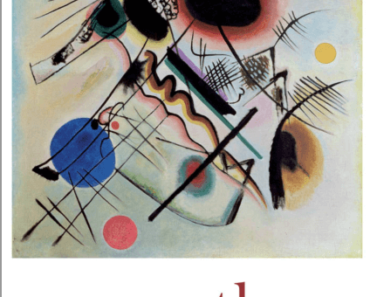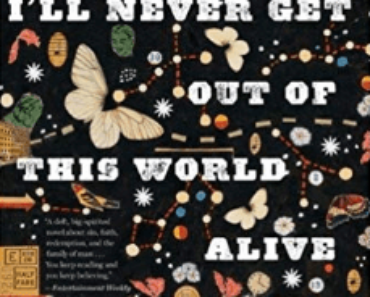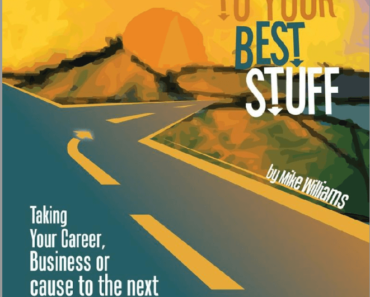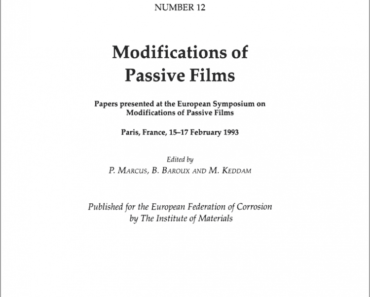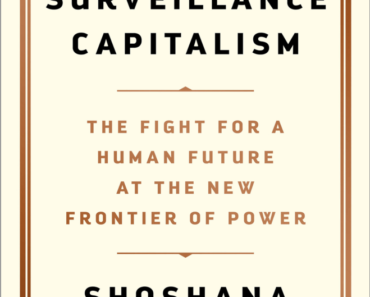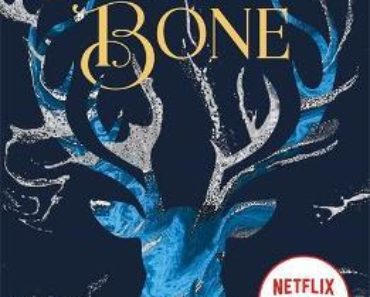Charles Bukowski was an alcoholic, a womanizer, a chronic gambler, a
lout, a cheapskate, a deadbeat, and on his worst days, a poet. He’s probably
the last person on earth you would ever look to for life advice or expect to
see in any sort of self-help book.
Which is why he’s the perfect place to start.
Bukowski wanted to be a writer. But for decades his work was rejected
by almost every magazine, newspaper, journal, agent, and publisher he
submitted to. His work was horrible, they said. Crude. Disgusting.
Depraved. And as the stacks of rejection slips piled up, the weight of his
failures pushed him deep into an alcohol-fueled depression that would
follow him for most of his life.
Bukowski had a day job as a letter-filer at a post office. He got paid shit
money and spent most of it on booze. He gambled away the rest at the
racetrack. At night, he would drink alone and sometimes hammer out poetry
on his beat-up old typewriter. Often, he’d wake up on the floor, having
passed out the night before.
Thirty years went by like this, most of it a meaningless blur of alcohol,
drugs, gambling, and prostitutes. Then, when Bukowski was fifty, after a
lifetime of failure and self-loathing, an editor at a small independent
publishing house took a strange interest in him. The editor couldn’t offer
Bukowski much money or much promise of sales. But he had a weird
affection for the drunk loser, so he decided to take a chance on him. It was
the first real shot Bukowski had ever gotten, and, he realized, probably the
only one he would ever get. Bukowski wrote back to the editor: “I have one
of two choices—stay in the post office and go crazy . . . or stay out here and
play at writer and starve. I have decided to starve.”
The Subtle Art of Not Giving a Fuck By Mark Manson
- Charles Bukowski was an alcoholic, a womanizer, a chronic gambler, a lout, a cheapskate, a deadbeat, and on his worst days, a poet. He’s probably the last person on earth you would ever look to for life advice or expect to see in any sort of self-help book. Which is why he’s the perfect place to start. Bukowski wanted to be a writer. But for decades his work was rejected by almost every magazine, newspaper, journal, agent, and publisher he submitted to. His work was horrible, they said. Crude. Disgusting. Depraved. And as the stacks of rejection slips piled up, the weight of his failures pushed him deep into an alcohol-fueled depression that would follow him for most of his life. Bukowski had a day job as a letter-filer at a post office. He got paid shit money and spent most of it on booze. He gambled away the rest at the racetrack. At night, he would drink alone and sometimes hammer out poetry on his beat-up old typewriter. Often, he’d wake up on the floor, having passed out the night before. Thirty years went by like this, most of it a meaningless blur of alcohol, drugs, gambling, and prostitutes. Then, when Bukowski was fifty, after a lifetime of failure and self-loathing, an editor at a small independent publishing house took a strange interest in him. The editor couldn’t offer Bukowski much money or much promise of sales. But he had a weird affection for the drunk loser, so he decided to take a chance on him. It was the first real shot Bukowski had ever gotten, and, he realized, probably the only one he would ever get. Bukowski wrote back to the editor: “I have one of two choices—stay in the post office and go crazy . . . or stay out here and play at writer and starve. I have decided to starve.”
